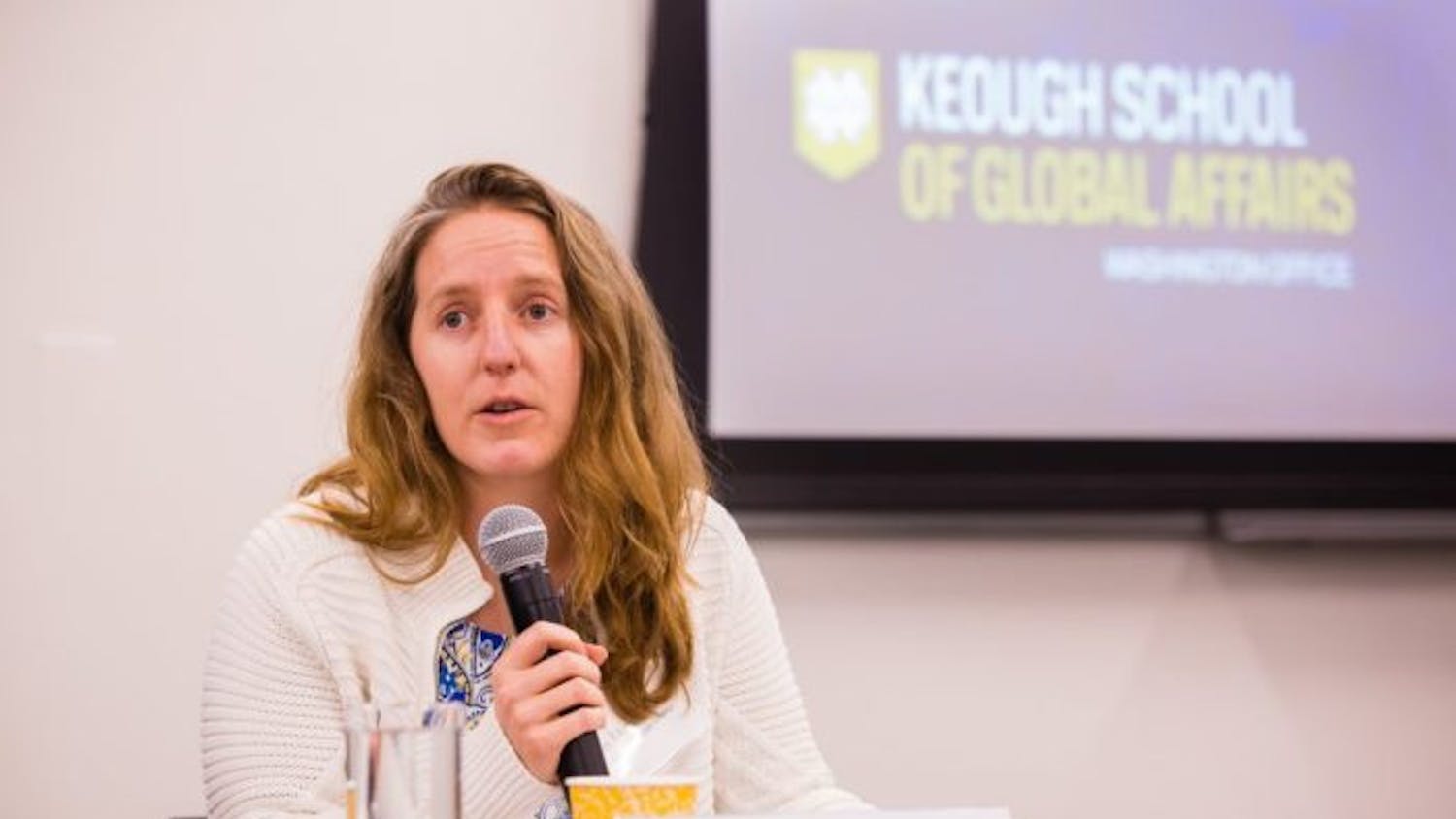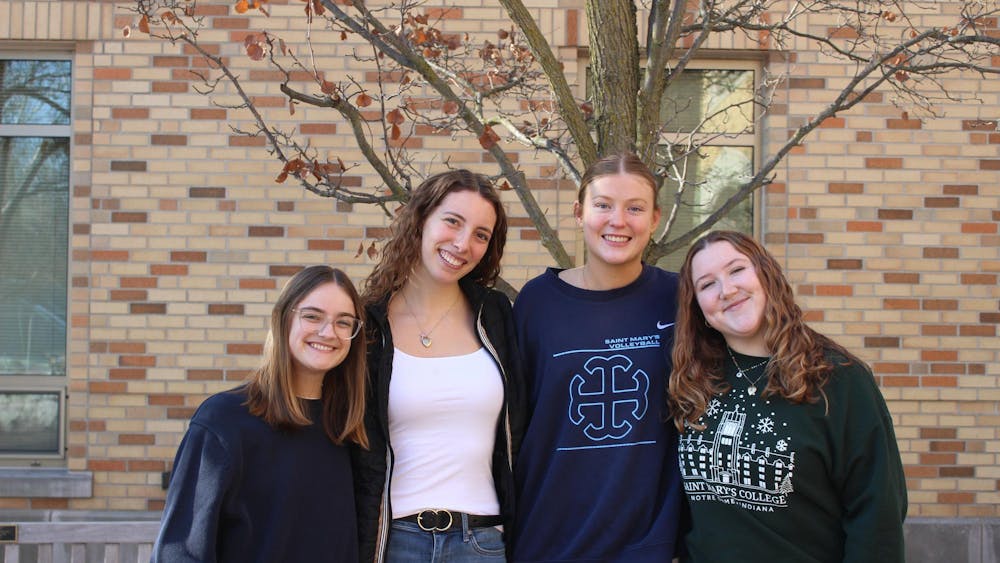Bishop Kevin C. Rhoades, who presides over the diocese of Fort Wayne-South Bend, denounced Saint Mary’s new admissions policy to consider applicants “who consistently live and identify as women” beginning in fall 2024.
In a Monday statement, Rhoades urged the Board of Trustees to correct its admissions policy that “departs from fundamental Catholic teaching on the nature of woman.”
He also said he was not aware of the decision to consider transgender applicants until last week’s email announcement from College President Katie Conboy.
“It is disappointing that I, as bishop of the diocese in which Saint Mary’s College is located, was not included or consulted on a matter of important Catholic teaching,” Rhoades wrote.
In Conboy's email last Tuesday, the College president said she consulted with the Executive Team and others at the College when updating the policy to “ensure that our message is not only in line with best practices for today’s college students, but that it also encompasses our commitment to operate as a Catholic women’s college.”
The Board approved the change June 23, but the College has only been under the national spotlight for the past week. Online publications including Fox News, Breitbart, Newsweek and The Daily Signal reported on the new admissions policy after a report in The Observer. The Turning Point USA club at Saint Mary's, which is not officially recognized by the College, called attention to the policy change in an Instagram post Nov. 17.
Rhoades’ statement arrives after a week of social media backlash from alumnae who oppose the admissions change.
“Absolute pandering,” Saint Mary’s alumna Emily McNally ‘15 wrote in an Instagram comment. “If SMC really believed that a man who says he is a woman is a woman, they would force incoming freshman to room with such a person.”
Conboy said the College is still determining the housing practices that will follow from the policy.
Another alumna, Priscilla Pilon ‘86, wrote on Facebook, “What is happening now is at the expense of women. We have compassion and empathy for men who believe they are women,” she commented. “While doing so, we do not have to compromise values, principals [sic] and basic human rights that women have to commune, pray, and be educated in single-sex environment.”
Pilon added that she is in the process of changing her will to remove Saint Mary’s as a beneficiary.
“Not one more dime, nor my advocacy for the college will continue unless they reverse this course,” she wrote.
Despite opposition, alumnae and students have also publicly backed the decision.
“So proud of my alma mater!” Renee Powers ’08 wrote in an Instagram comment. “This is the right side of history.”
Current senior Katie Hunter wrote, “smc was founded to educate ALL women not just cis women!”
Junior Caroline Dutton echoed the sentiment, commenting on Instagram, “smc was founded to educate women who were overlooked or excluded in traditional education environments and trans women can surely relate to that.”
According to Rhoades, the ideology that separates sex from gender and claims that sexual identity is based on subjective individual experiences “is at odds with Catholic teaching” and “compromises [Saint Mary's] very identity as a Catholic woman’s college.”
Rhoades said Saint Mary’s desire to “stand in loving solidarity” with transgender people is acceptable, but these students should not be admitted to a women’s college, nor their identity affirmed.
“The desire of Saint Mary’s College to show hospitality to people who identify as transgender is not the problem. The problem is a Catholic woman’s college embracing a definition of woman that is not Catholic,” he wrote.
Read More
Trending









